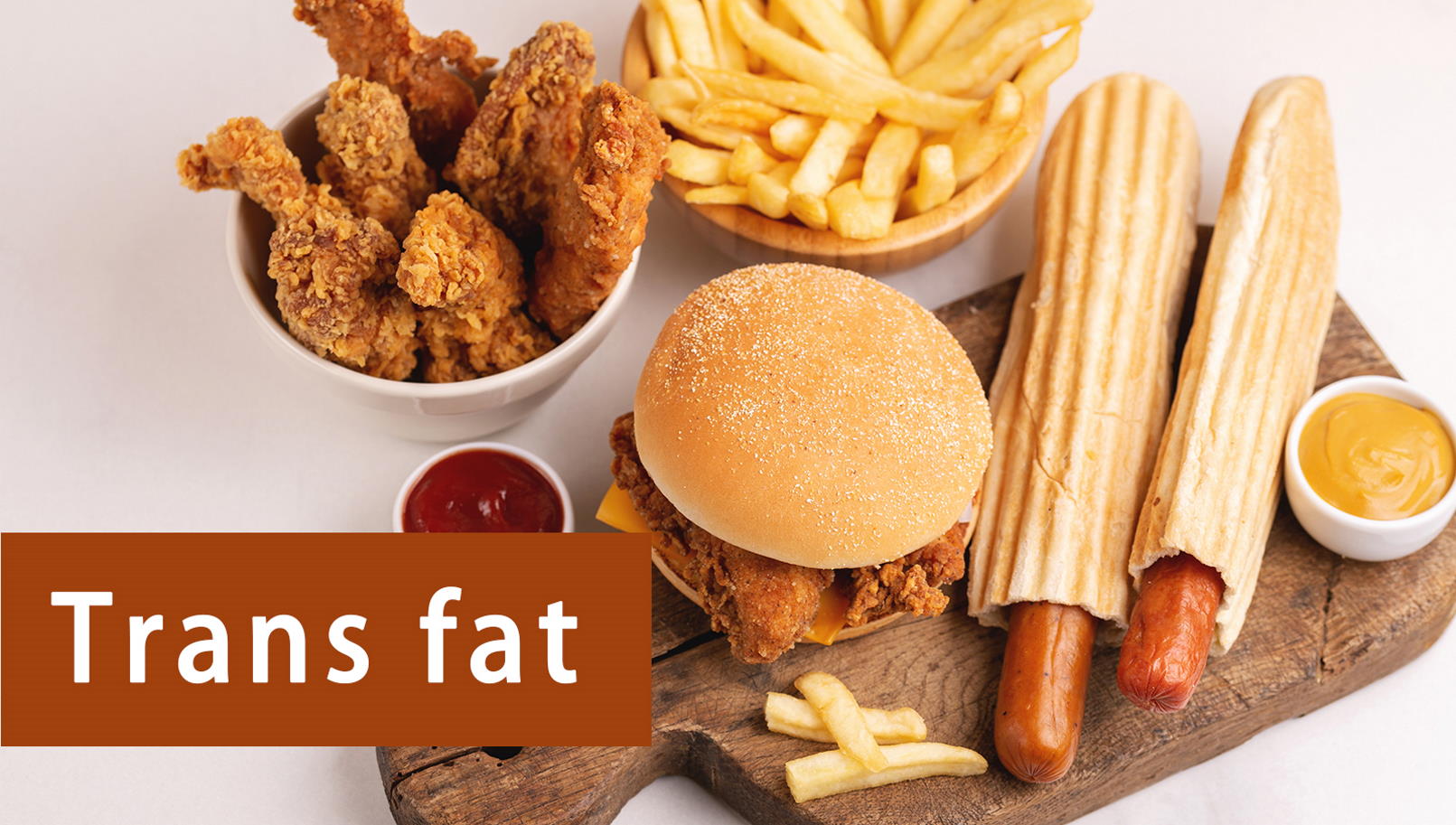22 June 2022
Fat is one of the macronutrients together with carbohydrates and protein. We know that we may acquire these nutrients from daily food, but the choices of food ingredients and cooking methods are equally important for balanced nutrients. Today, PhytoFairy will share with you the knowledge about “trans fat”.

In this modern era, most of us know excessive intake of fats may threaten our health, while many of us are having the impression that zero fat is the only way to achieve better health.
However, that is not exactly the case. As one of the macronutrients we need everyday, fat is actually needed in our daily diet. First, we ought to know that fat is composed of fatty acid and glycerin, meanwhile fatty acid can be divided into saturated fatty acid and unsaturated fatty acid. And, unsaturated fatty acid can be further classified into monounsaturated fatty acid and polyunsaturated fatty acid.

Trans fat is under the category of unsaturated fatty acid. Trans fat is produced when plant oils are going through the process of hydrogenation, resulting in partially hydrogenated oils. Partially hydrogenated oil is often used to prolong shelf life of food, at the same time, increase the flavour and endurance towards high temperatures. To put it simply, if the food tastes good and crispy, higher the chance it may contain trans fat.
For instance, margarine, fried foods, pastries such as yolk pastry, biscuits and other bakeries, are often containing trans fat.

Numbers of research have proven that trans fat may increase the risk of heart attack. If consumed excessively, it may accelerate the “bad” cholesterol (low-density lipoprotein) and lower the “good” cholesterol (high-density lipoprotein) in our body!
In this case, the bad cholesterol would accumulate on our vascular wall, similar to the situation where a three-lane exit is sealed off to a single-track road because of the high amounts of vehicles. The passage is blocked and may eventually lead to atherosclerosis and threaten our cardiovascular health, as well as causing inflammation in our body.

However, there is no need to worry. We may look for the trans fat content labelled on the product ingredients and from there, we may choose the foods that contain relatively lower trans fat out of similar choices.
PHHP always tries to provide a healthier choice for our consumers. Therefore, you may notice the label indicating “no trans fat” on the product packaging.

Besides the detrimental effects of trans fat, animal fats that belong to saturated fatty acids may also increase the cholesterol in our blood if consumed excessively, and cause the hardening of blood vessels. Thus, we are advised to consume moderately and avoid excessive intakes!






